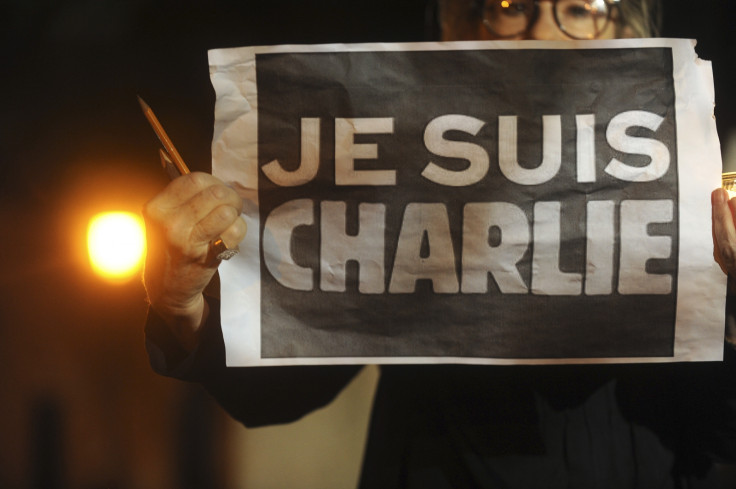Charlie Hebdo massacre: Attacker trained in Yemen as officials look for AQAP link

Investigators are looking to ascertain whether Al-Qaeda in the Arabian Peninsula (AQAP) is behind the Charlie Hebdo massacre in Paris, as the manhunt for two of the gunmen continues.
US and French investigators, cited by multiple media outlets including New York Times and Associated Press, have said one of the attackers, Said Kouachi, travelled to Yemen in 2011 and was trained by Islamist extremists there.
The training was believed to have taken place under the Yemeni arm of al-Qaeda, its most active and powerful wing. Said Kouachi is believed to have undergone training in a variety of weapons while in Yemen.
The training could have included bomb-making techniques, authorities suspect.
Nevertheless, it is still unclear whether the Paris attacker, suspected to have killed at least 12 people in the French shooting, was in touch with AQAP and taking orders from the Islamist organisation during the massacre.
"We know they were inspired, but we do not know the extent they were associated with al-Qaeda," a US official told the Wall Street Journal.
So far, there is no intelligence information suggesting that AQAP directly ordered the attack, but authorities have not ruled out the possibility. US officials have said Said and his brother, Cherif, were on the no-fly list.
According to witnesses of the attack, the brothers shouted "tell the media that it is Al Qaeda in Yemen", while the onslaught was underway.
AQAP had earlier named Charlie Hebdo as one of its targets.
Meanwhile, police continue to hunt for the two suspects, widening the area of the search. The focus of the hunt has also shifted to the northern Picardy region and terror alert levels have also been heightened there.
More than 88,000 security personnel are on French streets to prevent any further violence.
Condemnation for the attack has also been pouring in from across the world over the deadly massacre, and declaring solidarity for the satirical French weekly.
UN Secretary-General Ban Ki-moon said: "Terrorism remains a global threat. In recent days alone, we have seen carnage in Yemen as well as a despicable attack against the French magazine Charlie Hebdo.
"Our response to brutality and extremism cannot be limited to military action, important as it is. We must engage in wide-ranging efforts, including by addressing the conditions that give rise to such poison in the first place. There is also a need for greater attention to the nexus of extremism and organised crime,."
© Copyright IBTimes 2025. All rights reserved.






















